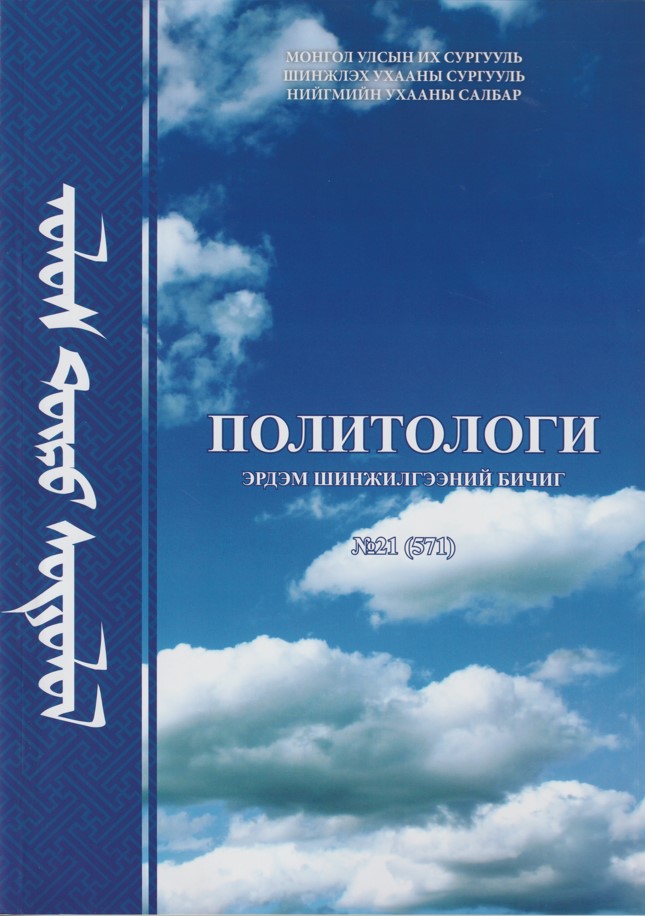DRIFTING CIVIL SOCIETY IN SOUTH KOREA: DE-GLOBALIZATION, POPULISM, AND DIGITAL REVOLUTION
Keywords:
de-globalization, populism, digital revolution, civic empowerment, South KoreaAbstract
We are witnessing the decline of democracy and the resurgence of authoritarianism worldwide. Undoubtedly, democracy is in retreat, threatening to undermine political rights and civil liberties throughout the pandemic era. The politics of distrust endangers representative democracy characterized by participation and contestation. Populism makes a comeback to threaten party politics while widening political and ideological cleavages among citizens. This paper argues that the pandemic and de-globalization has brought in sovereignty crisis in terms of making national policies on migration, refugees, inequality, polarization, job losses, hatred, and so on. We highlight that the rise of populism and digital revolution have threatened and even drifted civil society in South Korea. Digital-based Populist movements try to mobilize mass support to directly link to the people. We examine populist tendencies in South Korea that mobilize supporters through new social media characterized by fake news, misinformation, and biased broadcasting. Korean civil society has become too divided to play a part in empowering citizens. The future of Korean democracy would be dependent upon whether a robust civil society can be revitalized for civic empowerment. We suggest that civil dialogues between two antagonistic political camps will play a key role.




